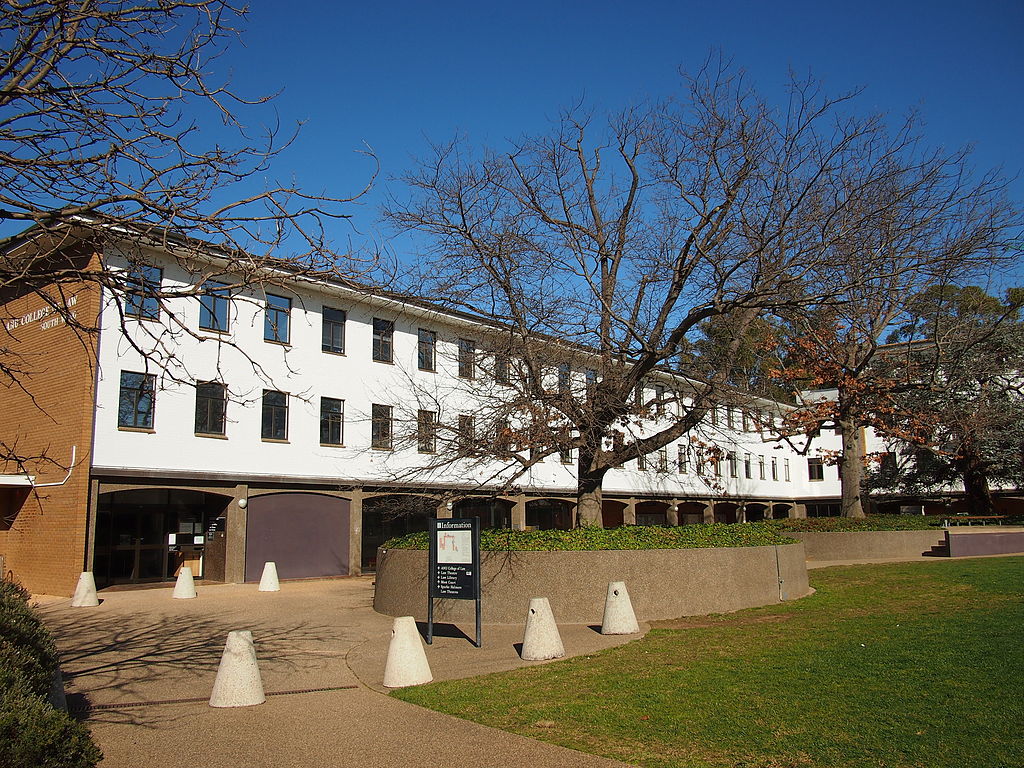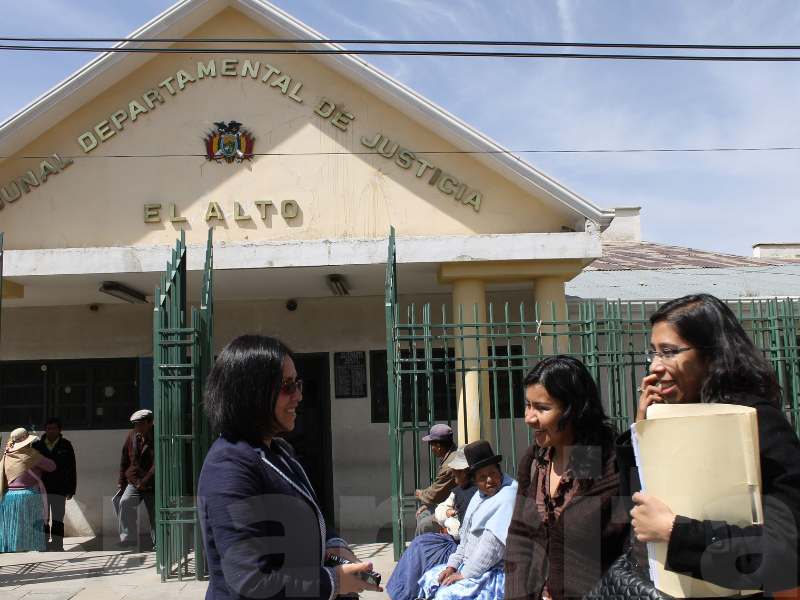I call myself a failed lawyer because I feel like an imposter when people refer to my law degree. I’m not sure how I went from not wanting to go to university at all to doing a six-year combined Bachelor of Laws/Bachelor of Arts (Honours). It probably had something to do with getting the marks for more than “just an Arts degree” and having parents who were lawyers.
Alas, I was a mediocre law student. I knew early on that I didn’t want to be a lawyer and if I could turn back time, I would tell my younger self to go do “just an Arts degree”. And yet, while I never did the practical legal training (PLT) to get admitted let alone to practise law, I have to concede there have been benefits to my LLB.
I’ve identified five ways in which my law degree has blessed me.

1. My law degree looks good on my CV
For some reason, having a law degree makes people assume I am smart. Or maybe they think I’m diligent and committed for having survived to the end. Whatever the reason, the LLB on my CV has been referenced in multiple job interviews and I suspect it helps my application stand out in a large pool of BA, BComm and BSc resumes.

2. My law degree made me a better writer
While in other faculties the “10% rule” provided a generous margin for exceeding the word limit, there was no such grace at law school: they penalised us for every word over the maximum, which was usually 1,200 to 2,000.
This taught me to be thrifty with words, to find ways to say something in half as many words. Having fewer words to play with meant each and every one of them had to earn its place.
It also made me think deeply about which word would communicate the desired meaning. Learning how to interpret statutes attuned me to the difference between two very similar words that most people might consider synonyms.
Does the shorter sentence construction change the meaning conveyed? Does swapping the order of phrases shift the emphasis to the right idea? Is there a less pretentious word I can use or does the more pretentious word carry an important nuance, or maybe just sound better? These are questions I still ask myself whenever I write anything.

3. My law degree improved my attention to detail
Given the above, it’s no surprise that my law degree developed my attention to detail. For example, statutory interpretation hinges on prepositions (such as the difference between and and or) and perfect punctuation. There is a famous legal case that hinged on “the want of a comma”, which is outrageous but says something about how good your eye needs to be.

4. My law degree let me travel
During my time as a university student, I took every opportunity to earn course credit overseas. One law internship took me to Timor-Leste, to a nonprofit called Justice System Monitoring Program (JSMP). It was a cool project: reviewing issues with the investigation and trial around the assassination attempts on the President, Jose Ramos Horta, and the Prime Minister, Xanana Gusmao. To this day I’m surprised they entrusted such a high profile research paper to an intern and honestly it’s a miracle I pulled it off. You can read it here and one day I’ll write a post about miracles and this research paper will be in it.

5. My law degree helps me make legal concepts accessible
Ironically, despite the economy of words required for a law school essay, legal judgments, legislation and textbooks are not concise. Quite the contrary. So much about law must be deciphered to be understood, let alone applied. Despite my imperfect comprehension and application of legal principles, my law degree has positioned me to play the role of interpreter, and sometimes translator.
It’s a big part of what I did for International Justice Mission when I went to Bolivia as a Communications Fellow. My legal background combined with my Spanish language skills enabled me to grasp the structure of criminal cases in Bolivia’s civil law system, which differs from common law systems like Australia, the UK and the US. I was then able to convey the significance of often technical elements of the trial process to IJM‘s international audience.

In some ways, this has become my sweet spot: making technical, niche things meaningful to regular people. I love translating and interpreting ideas and values. And I hereby confer some of the credit for this on my oft-maligned law degree.
Are you a failed lawyer like me? Or maybe you quit early like I should have? I’d love to hear about your experience and reflections in the comments!
Header image: Honey Yanibel Minaya Cruz.


1 comment